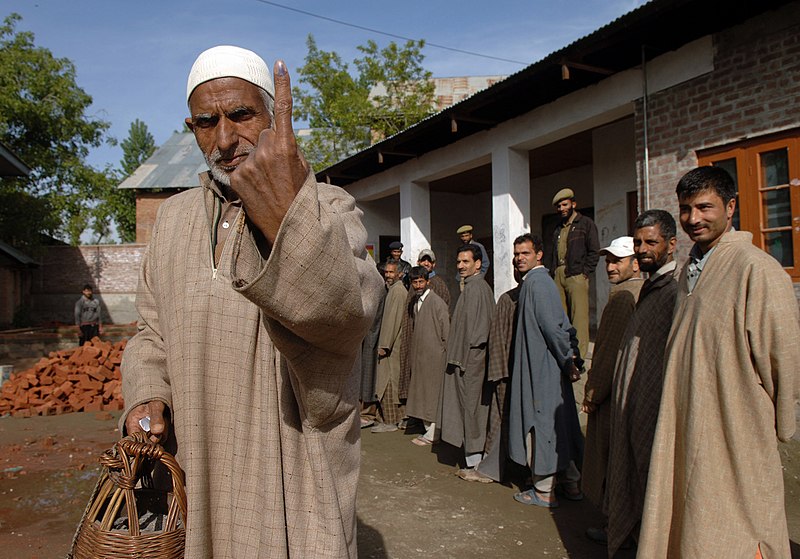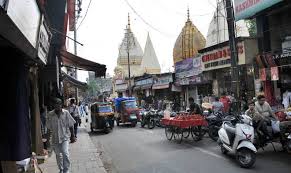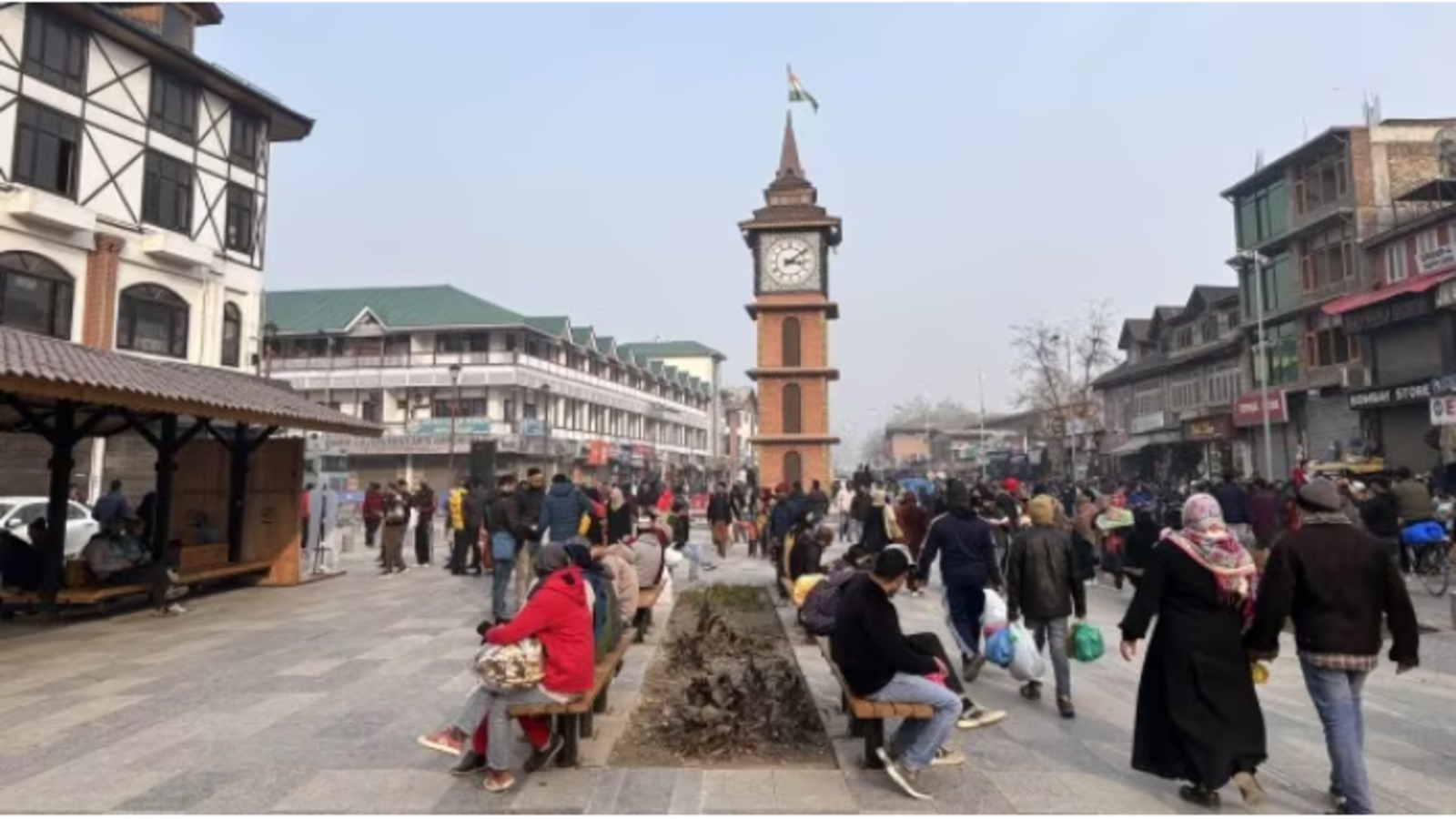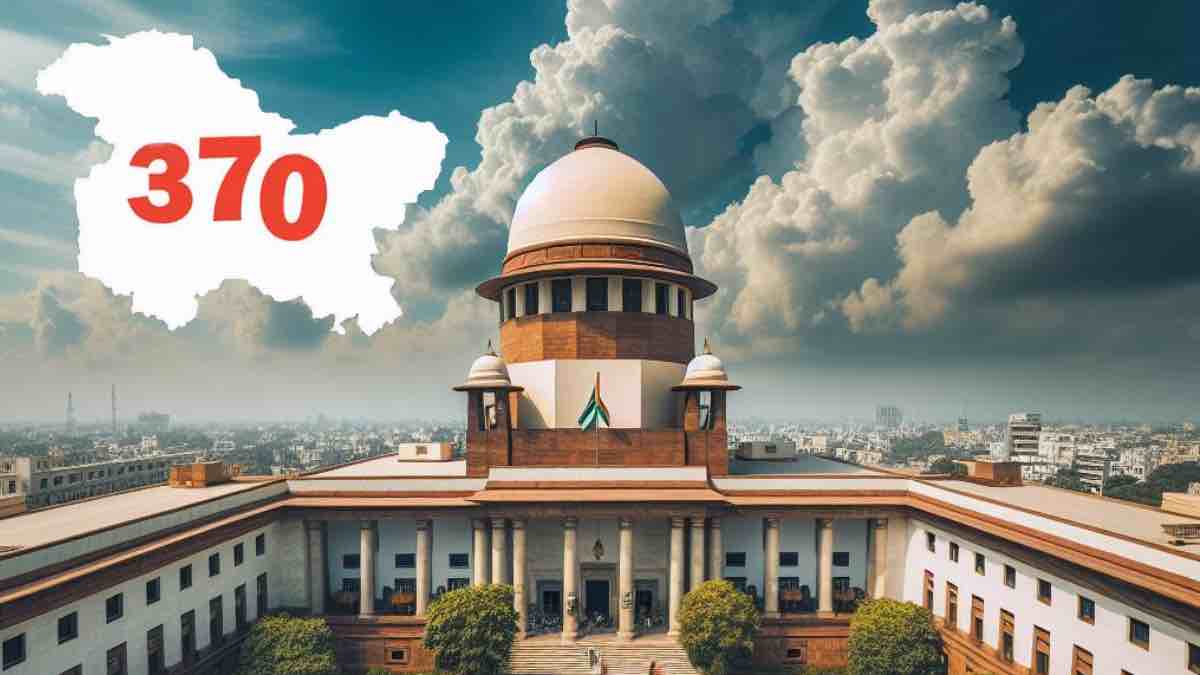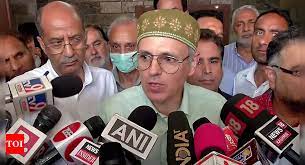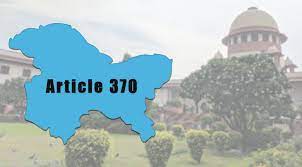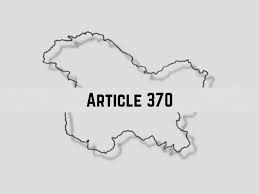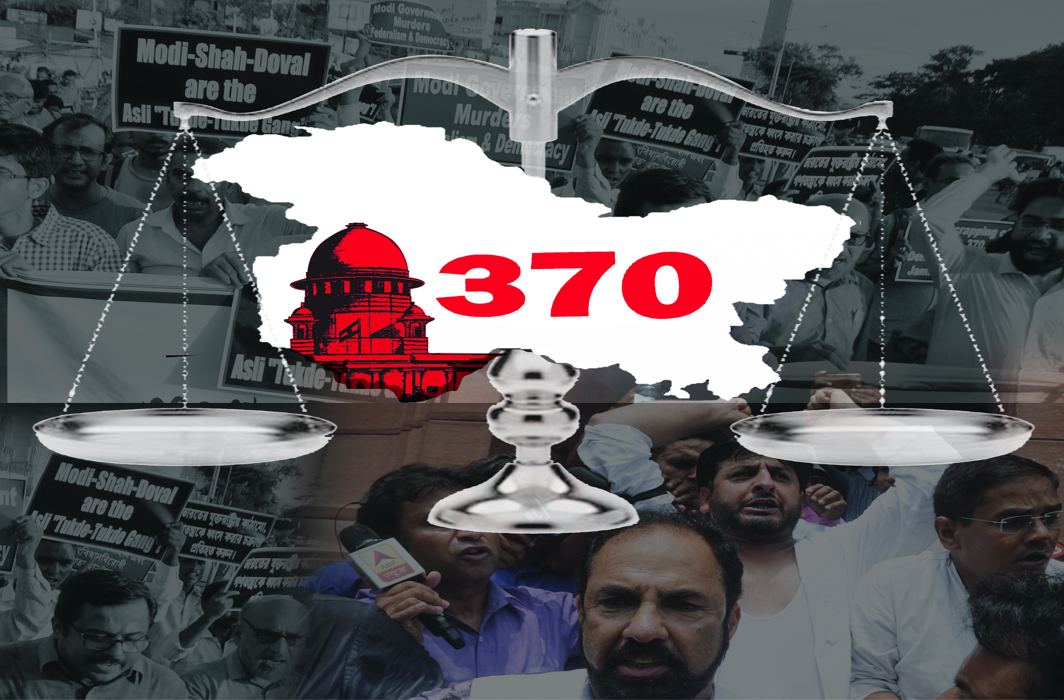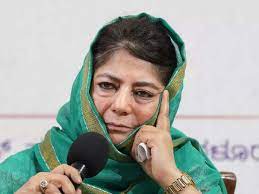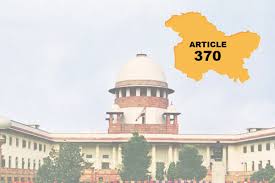In the absence of an elected government in the erstwhile state for more than five years, Panchayats-elected local bodies were the only democratic institutions functional in the region. The curtain falls on the last vestige of elected representatives in Jammu and Kashmir as the term of over 28,000 panchayat members ended today with no fresh elections in sight. In the absence of an elected government in the erstwhile state for more than five years, Panchayats-elected local bodies were the only democratic institutions functional in the region. The administration of the…
Read MoreTag: #Article370
‘Ghost of Article 370 Laid to Rest’ Say Valmiki Community and Right-Wing Parties: Focus on Development Now
Barring celebrations by the Valmiki community and a few right-wing parties, such as Bajrang Dal and Shiv Sena, there were no mega celebrations across the region The heterogeneous society of Jammu, comprising displaced Kashmiri Pandits, Dogras, Valmiki community, Gujjars and refugees from Pakistan Occupied Kashmir and West Pakistan largely expressed relief after the Supreme Court’s verdict on Article 370. Barring celebrations by the Valmiki community and a few right-wing parties, such as Bajrang Dal and Shiv Sena, there were no mega celebrations across the region. Though the common people carried…
Read MoreBeyond the Silence: A Deep Disappointment Grips Kashmir After SC Upholds Article 370 Abrogation
After the Supreme Court judgement upholding the abrogation of Article 370 as “valid”, a sense of “hushed disappointment” swept through the streets of Kashmir. Be it shop fronts, taxis or auto stands, the people discussed their hurt and sadness, albeit in muted voices. The people say that it was because of the “aggressive posture of the authorities to any form of protests or dissent since the abrogation of Article in August 2019.” “The Supreme Court has put the final nail in the coffin of J&K’s special status. It was what…
Read MoreArticle 370 Verdict: Unpacking the Supreme Court Judgment and its Implications for Jammu and Kashmir
The Supreme Court unanimously upheld the validity of the Centre’s 2019 decision to abrogate Article 370 of the Constitution from Jammu and Kashmir Supreme Court Verdict on Article 370: In a landmark verdict, the Supreme Court on Monday upheld the 2019 decision of the Centre to abrogate special status for the erstwhile state of Jammu and Kashmir under Article 370 and set a deadline of September 30 next year for the assembly elections to be held. The unanimous order by a bench of five judges, headed by Chief Justice of…
Read MoreOmar Abdullah’s Statement Following Supreme Court’s Verdict on Article 370 Abrogation: Disappointment, Resilience, and Continued Struggle
Abdullah took a swipe at the BJP and said it took decades for the party to reach Jammu and Kashmir, while vowing to continue the struggle. National Conference leader Omar Abdullah said he is “disappointed” by the Supreme Court’s judgment on the viability of the abrogation of Article 370 of the Consitution, however, he is “not disheartened”. “It took the BJP decades to reach here. We are also prepared for the long haul,” the former chief minister of erstwhile Jammu and Kashmir wrote on X. In a landmark judgment, the…
Read MoreSupreme Court Delivers Landmark Verdict on Article 370: Abrogation Deemed Constitutionally Valid
The Supreme Court upheld the Centre’s decision to abrogate Article 370, which granted special status to Jammu and Kashmir. The Supreme Court on Monday upheld the Centre’s decision to abrogate Article 370, which granted special status on the erstwhile state of Jammu and Kashmir. The Supreme Court also directed the Election Commission to hold Jammu and Kashmir assembly elections by September 30, 2024. Chief Justice of India DY Chandrachud, writing the judgment for himself and Justices Gavai and Surya Kant, said Article 370 of the Constitution was a temporary provision…
Read MoreBeyond Article 370: How Today’s Verdict Could Impact Other Central Government Decisions
From delimitation in Jammu and Kashmir to voting rights to West Pakistan Refugees, a host of decisions will be impacted by the SC verdict on pleas challenging the changes made to Article 370. Here are the crucial ones On Monday, when the Supreme Court announces its verdict on a clutch of petitions challenging the changes made to Article 370 of the Constitution and the dividing of the erstwhile state of Jammu and Kashmir into two Union Territories, the judgement will impact several major decisions taken by the Centre in the…
Read MoreSupreme Court to deliver Article 370 verdict on Monday: What has changed in J&K since the 2019 revocation?
A lot has changed in Jammu and Kashmir following the abrogation of Article 370 in 2019. With the SC set to deliver its verdict on petitions challenging the move, a look at what has changed. The Supreme Court, on Monday (December 11), will pronounce its verdict on a batch of petitions challenging the abrogation of Article 370 of the Constitution. Article 370, which granted a special status to the erstwhile state of Jammu and Kashmir, was repealed in August 2019. Subsequently, the state was bifurcated into two Union Territories – Jammu…
Read MorePDP Chief Mehbooba Mufti Expresses Apprehension Ahead of Supreme Court Verdict on Article 370
Srinagar, December 09, 2023: In remarks likely to stir political discourse, former Chief Minister of Jammu and Kashmir and People’s Democratic Party (PDP) leader Mehbooba Mufti expressed apprehension about the impending Supreme Court verdict on Article 370. She voiced her concern that the decision could be detrimental to not only the interests of Jammu and Kashmir but also the nation as a whole. Addressing the media on Saturday, Mufti pointed to recent actions by the Jammu and Kashmir administration, suggesting they foreshadowed a potentially unfavorable judgment. She reiterated her stance…
Read MoreA Chill in the Digital Air: Kashmiris Face Legal Action for Social Media Posts as Supreme Court Prepares to Rule on Article 370
A recent police order under the CrPC suggested that the posting of content could potentially trigger a communal frenzy, promote terrorism and separatism, and ‘will be a legal offence’ in J&K The Jammu and Kashmir Police launched a crackdown on netizens and booked scores in Kashmir ahead of the Supreme Court’s verdict on Article 370. A police spokesperson said one person from north Kashmir’s Baramulla faced legal proceedings for his social media posts. “The [legal] action is in response to his uploading hateful videos containing inflammatory and seditious statements on social…
Read More
